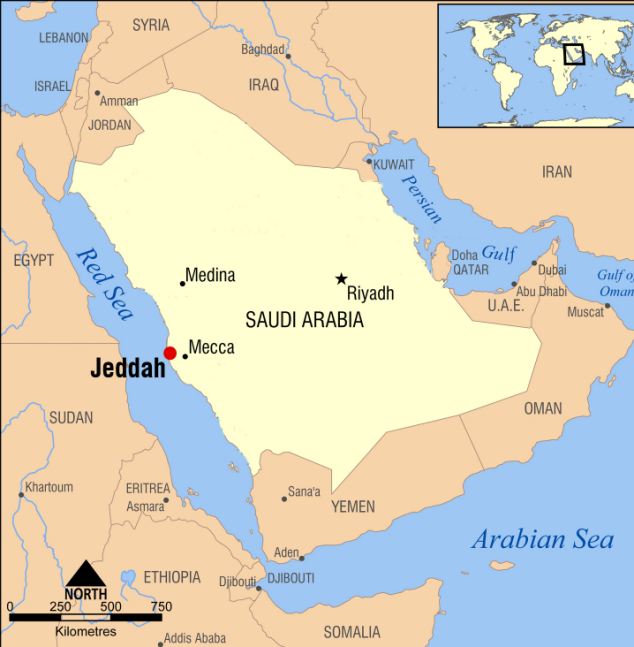I have written before about the Saudi ambition to have their own nuclear power program. Countries such as China, Russia and Japan which sell nuclear power reactors have been flocking to Saudi Arabia drawn by the prospect of billions of dollars in sales. The U.S. is one of those countries and the Trump administration has been supportive of the Saudi desire to have their own nuclear reactors.
In 2010, Saudi Arabia produced a royal decree that said, “The development of atomic energy is essential to meet the Kingdom's growing requirements for energy to generate electricity, produce desalinated water and reduce reliance on depleting hydrocarbon resources.”
The Saudi Arabian Foreign Minister said last week at the Munich Security Conference that “We are looking at the issue of the viability of building nuclear reactors in order to produce energy so that we can save the oil and export it in order to generate revenue. The countries that we are talking to are probably roughly 10 countries or so around the world and we have not made a decision yet with regards to which path we will take and which country we will be focusing on more.”
Saudi Arabia consumes about a quarter of the oil that it produces. With projected energy demand increases and a corresponding lack of projected oil production increases, Saudi Arabia will consume more and more of its own oil production as time goes by. A nuclear power program could allow Saudi Arabia to conserve its oil for future export.
Saudi Arabia plans to purchase and construct sixteen nuclear power reactors in the next twenty-five years at an estimated cost of over eighty billion dollars. Saudi Arabia has its own uranium deposits and says that it wants to develop them to produce its own fuel. It has invited U.S. companies to be a part of its nuclear program but in order for any U.S. company to export nuclear technology to Saudi Arabia, they must sign a peaceful nuclear cooperation pact. These pacts are called “123” agreements. The 123 pacts separate civil nuclear facility from military nuclear facilities. The pacts are intended to create barriers between the production of nuclear fuel and production of weapons grade nuclear materials.
The Saudis have been reluctant to sign on to the 123 pacts which are the toughest international controls for the nonproliferation development of nuclear weapons. These controls include prohibitions on enriching uranium to the purity required for nuclear weapons or reprocessing spent nuclear fuel to obtain plutonium for nuclear weapons.
The people fighting for nuclear nonproliferation say that if the U.S. lowers its standards in order to sell reactors to Saudi Arabia, it will send the message that the U.S. is not really that strongly committed to nonproliferation. The people who are supporting the sales of reactors to Saudi Arabia say that they are worth billions of dollars in export sales and that if the U.S. doesn’t sell Saudi Arabia reactors, someone else will.
The Saudis are playing possible reactor providers off against each other. They say that ten different countries are interested in helping them with their nuclear power program. Seventeen U.S. companies have visited Saudi Arabia recently to discuss nuclear reactors and support products and services.
It is believed by many that Saudi Arabia is worried about Iran developing nuclear weapons and is actively working on a nuclear weapons plan of their own.
